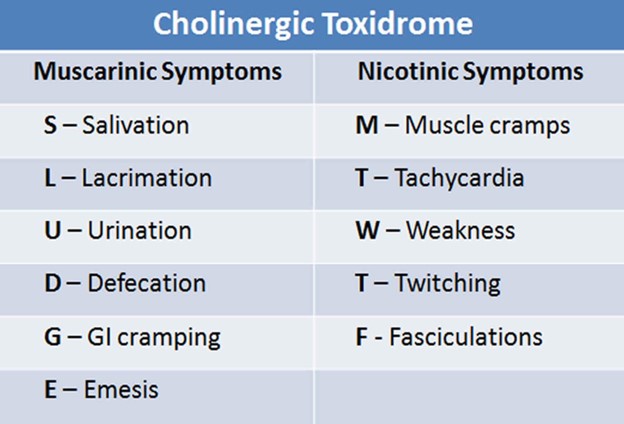A nurse is caring for a client who is receiving chemotherapy for treatment of ovarian cancer and experiencing nausea. Which of the following actions should the nurse take?
Instruct the client to restrict food intake prior to treatment.
Encourage the client to drink a carbonated beverage 1 hr before meals.
Provide the client with an antiemetic 2 hours prior to the chemotherapy.
Advise the client to lie down after meals.
The Correct Answer is C
The correct answer is: C. Provide the client with an antiemetic 2 hours prior to the chemotherapy.
Choice A reason:
Instructing the client to restrict food intake prior to treatment is not the best approach. While it might reduce nausea temporarily, it can lead to weakness and nutritional deficiencies. Chemotherapy patients need adequate nutrition to maintain their strength and immune function.
Choice B reason:
Encouraging the client to drink a carbonated beverage 1 hour before meals can sometimes help with mild nausea, but it is not as effective as antiemetic medications. Carbonated beverages may provide temporary relief but do not address the underlying cause of chemotherapy-induced nausea.
Choice C reason:
Providing the client with an antiemetic 2 hours prior to chemotherapy is the most effective action. Antiemetics are specifically designed to prevent nausea and vomiting associated with chemotherapy. Administering them before treatment helps to manage symptoms proactively, improving the client's comfort and ability to tolerate chemotherapy.
Choice D reason:
Advising the client to lie down after meals is not recommended as it can worsen nausea and increase the risk of gastroesophageal reflux. It is generally better for clients to remain upright for a period after eating to aid digestion and reduce nausea.
Nursing Test Bank
Naxlex Comprehensive Predictor Exams
Related Questions
Correct Answer is A
Explanation
Choice A Reason: Atropine sulfate is the medication that the nurse should ensure is available to treat cholinergic crisis, as it blocks the effects of acetylcholine and reverses the symptoms of excessive parasympathetic stimulation.
Choice B Reason: Pyridostigmine bromide (Mestinon) is not the medication that the nurse should ensure is available to treat cholinergic crisis, but it is used to treat myasthenia gravis by increasing acetylcholine levels and improving muscle strength.
Choice C Reason: Protamine sulfate is not the medication that the nurse should ensure is available to treat cholinergic crisis, but it is used to reverse the effects of heparin and prevent bleeding.
Choice D Reason: Acetylcysteine (Mucomyst) is not the medication that the nurse should ensure is available to treat cholinergic crisis, but it is used to treat acetaminophen overdose and prevent liver damage.

Correct Answer is D
Explanation
Choice A Reason: Irrigating the fistula with 3 mL of normal saline solution is not a correct way to assess the patency of the fistula, as it may cause bleeding, infection, or dislodgement of the fistula.
Choice B Reason: Flushing the fistula with 1 mL of heparin solution once per shift is not a correct way to assess the patency of the fistula, as it may cause clotting, infection, or allergic reaction.
Choice C Reason: Infusing 50 mL of normal saline once per 24 hours is not a correct way to assess the patency of the fistula, as it may cause fluid overload, hypertension, or edema.
Choice D Reason: Palpating for a vibrating sensation at the fistula site is a correct way to assess the patency of the fistula, as it indicates that there is adequate blood flow through the fistula. This sensation is also known as a thrill.
Whether you are a student looking to ace your exams or a practicing nurse seeking to enhance your expertise , our nursing education contents will empower you with the confidence and competence to make a difference in the lives of patients and become a respected leader in the healthcare field.
Visit Naxlex, invest in your future and unlock endless possibilities with our unparalleled nursing education contents today
Report Wrong Answer on the Current Question
Do you disagree with the answer? If yes, what is your expected answer? Explain.
Kindly be descriptive with the issue you are facing.
